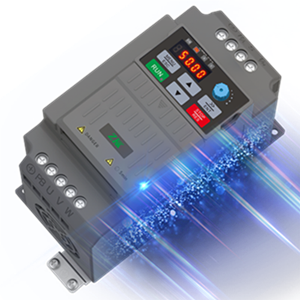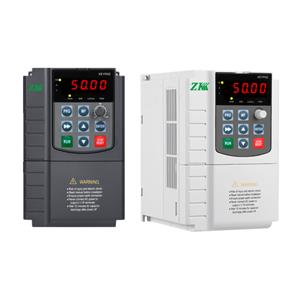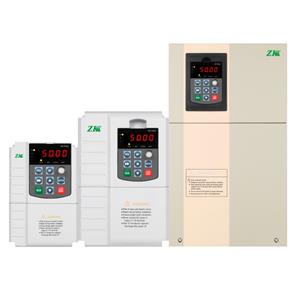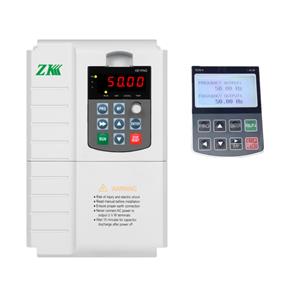How to distinguish between ordinary motors and variable frequency motors
①Insulation grade requirements are higher
Generally, the insulation grade of the frequency conversion motor is F or higher, and the ground insulation and the insulation strength of the turns should be strengthened, especially the ability of the insulation to withstand impulse voltage.
②The vibration and noise requirements of the inverter motor are higher
The frequency conversion motor should fully consider the rigidity of the motor components and the whole, and try to increase its natural frequency to avoid resonance with each force wave.
③The cooling method of the variable frequency motor is different
The frequency conversion motor generally adopts forced ventilation cooling, that is, the main motor cooling fan is driven by an independent motor.
④ Different requirements for protection measures
Bearing insulation measures should be adopted for variable frequency motors with a capacity exceeding 160KW. The main reason is that it is easy to produce asymmetrical magnetic circuit, and also produces shaft current. When the currents generated by other high-frequency components work together, the shaft current will increase greatly, resulting in bearing damage, so insulation measures are generally taken. For constant power variable frequency motor, when the speed exceeds 3000/min, special grease with high temperature resistance should be used to compensate for the temperature rise of the bearing.
⑤Different cooling systems
The variable frequency motor cooling fan is powered by an independent power supply to ensure continuous cooling capacity.




